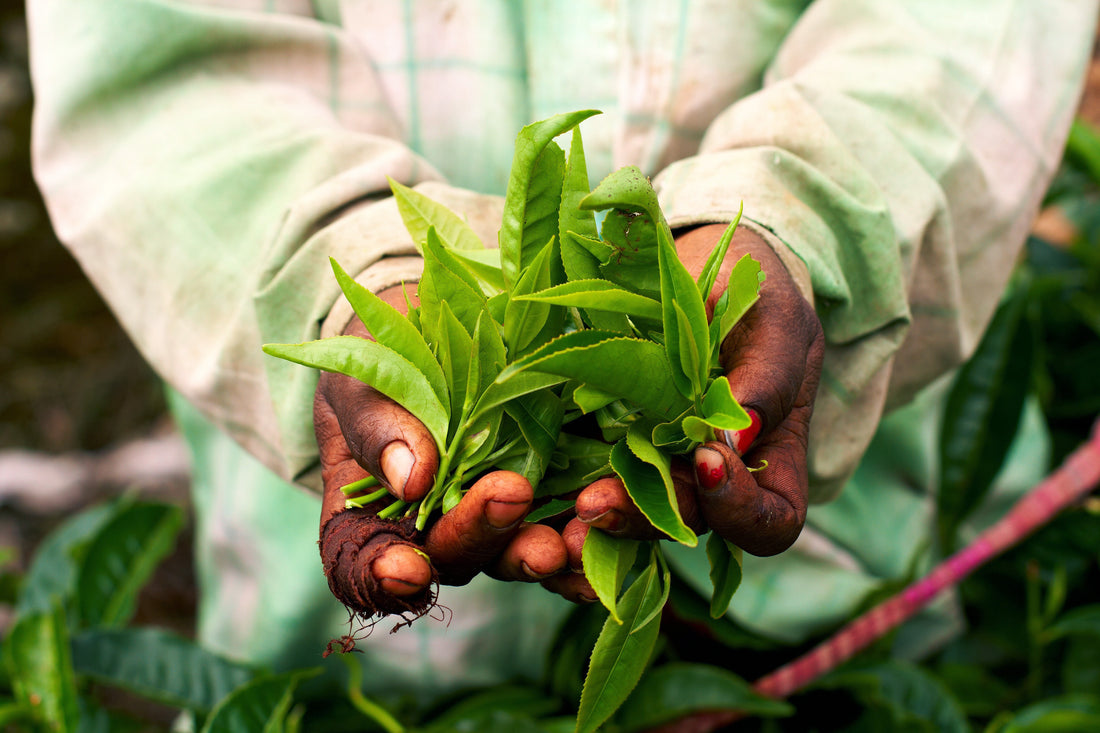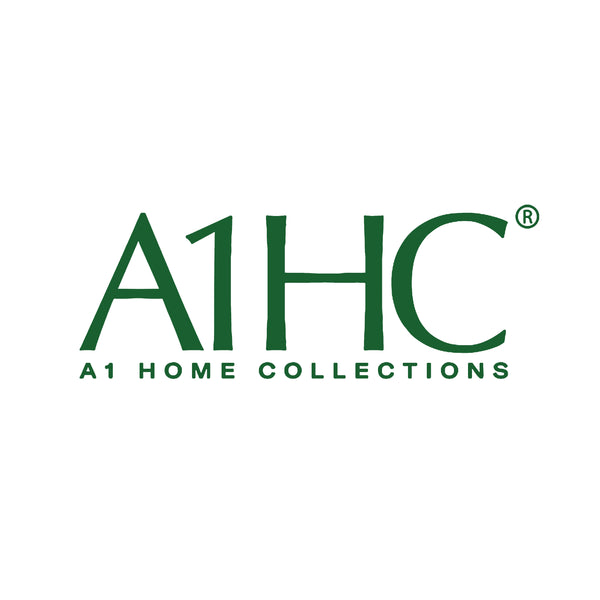
Why Fair Trade? What it Means and Why it Matters
We have big news here at A1! We have recently received our Fair Trade certification and we’re thrilled to be sharing the news with you.
Our company is based upon the believe that the production of our products shouldn’t harm either the workers or the environment, and we are very happy to now have the certification to back this. While we have been following Fair Trade practices since our inception, the certification process can take some time, which is why we have received it now. We appreciate that it is a rigorous and thorough process, as this means that you can trust what the certification stands for.
But what exactly does it mean? While we all generally know that it is beneficial to support Fair Trade companies, it’s not always clear what the certification is ensuring, so we’re breaking down exactly what it means and why it matters. (For more info on eco-labelling, check out or post here on Understanding Eco-Labels).
Note: As with many eco-labels, “greenwashing” does occur around fair trade. Because it is not a protected term, companies can claim to be fair trade even when they’re not. For this reason, it’s important to see if a company actually has a Fair Trade certification.

What does Fair Trade mean?
A Fair Trade certification means that social, environmental, and economic standards are being upheld in the production and sale of the products. It ensures that the people making the products are compensated properly, which means they’re earning enough to not only get by but to improve their own lives and their communities. It also ensures safe working conditions, and environmentally friendly practices.
While there are currently no certifications that can 100% ensure that a product is free of child labor, it is prohibited under Fair Trade requirements.
How is it certified?
The certification process is fairly rigorous and typically takes between six to nine months. This ensures that the recipients of the certification do indeed fit the criteria and properly follow fair trade practices. Companies submit an application to an organization and then go through the certification process. Certification is a continuous process, and companies must uphold the requirements to maintain their certification.

Why is Fair Trade important?
Fair Trade ensures the fair treatment of workers and helps to empower and support not only the individual workers but their entire communities. Without Fair Trade, workers can often be taken advantage of, not paid a living wage, and made to work in unsafe conditions. That’s not to say that any company without Fair Trade certification is treating their workers poorly, and no certification is perfect or perfectly executed by every certified company, but a certification does go a long way in protecting workers and the environment.
Our certifications
We strive to ensure that our products are as responsibly made as possible, and we are certified with a number of different organizations. We are Fair Trade certified with Fair Trade USA, and are also GOTS Certified, which ensures that the majority of our cotton products are 100% organic.
Our down products also meet Responsible Down Standards (RDS), which ensures that no harm is done to the ducks or geese that provide their down. Removal of down or feathers from live birds is prohibited, as is force feeding, and the animals’ welfare is ensured throughout their entire lifespan.
